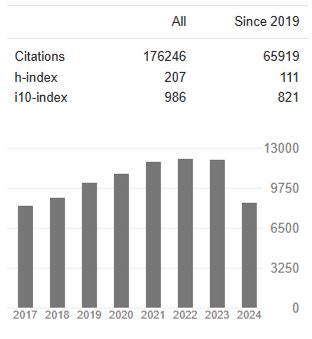Gambling Harms: A Dominance Analysis of Cognitions, Motivation and Impulsivity
Abstract
Alysha Cooper, Harvey HC Marmurek
Explanatory models of substance and behavioral addictions typically emphasize the contributions of three predictor domains: distorted cognitions related to control; motivations related to rewards and stress-reduction; and, failure to regulate emotions. In the present study, 271 (161 females) patrons at a racetrack-slots facility completed a survey comprising standardized measures of gambling-related cognitions, motivations for gambling, trait impulsivity, and problem gambling severity. The purpose was to explore dominance analysis as a statistical procedure to identify the relative importance of the three domains as predictors of the experience of gambling harms. The first step of the analysis isolated the dominant facet within each of the three multi-dimensional domains. The final step computed relative dominance among those facets. The results indicated that the most dominant predictor was the cognition of an inability to stop gambling. Motivation to avoid life stressors was the second most dominant predictor followed by the tendency to act rashly in the presence of negative emotion (negative urgency). The relative dominance of the predictors of gambling harm may provide a framework for scaffolding interventions directed at mitigating gambling harms.




